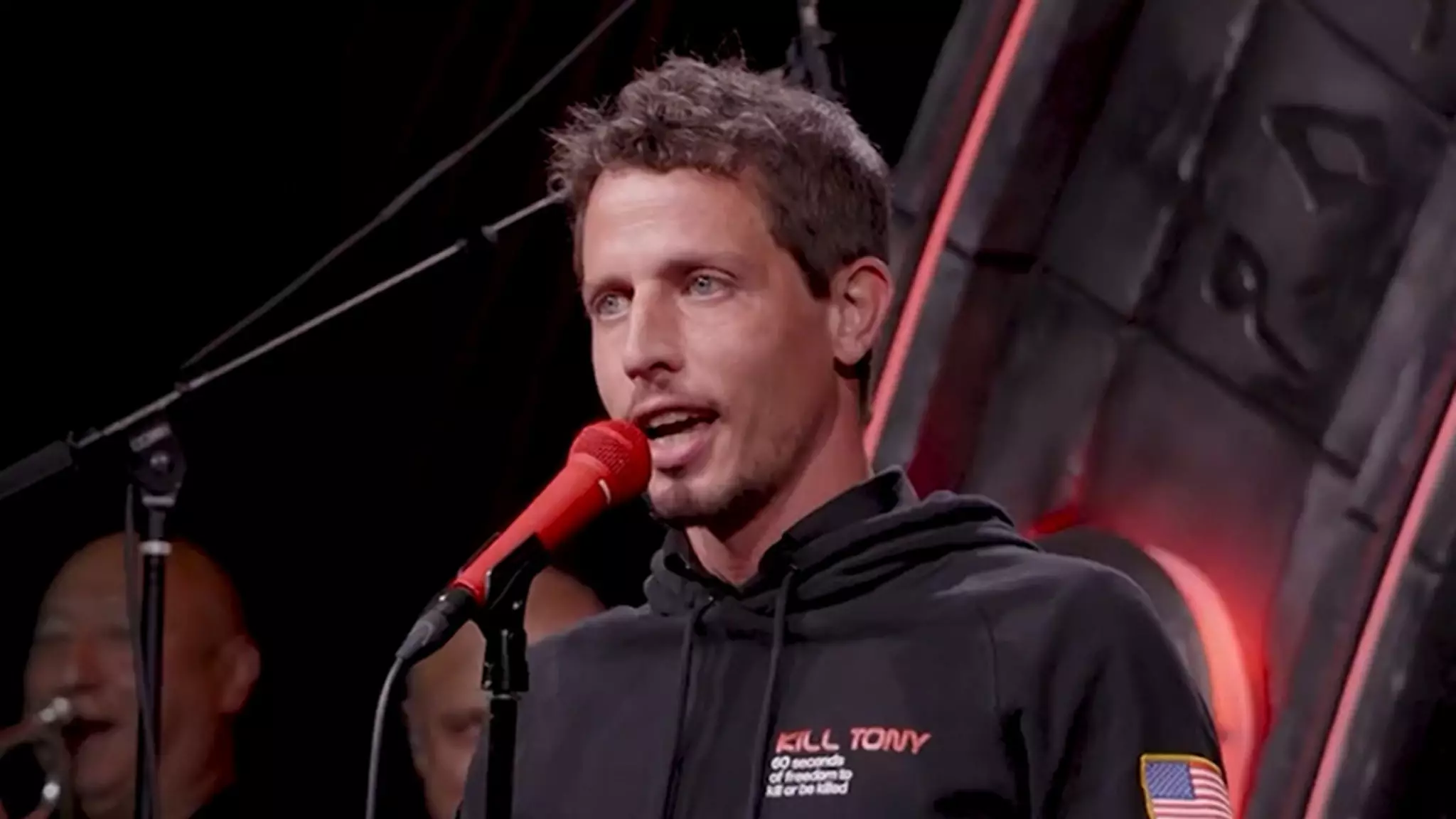In the world of stand-up comedy, the line between humor and insensitivity is often blurred. Recently, comedian Tony Hinchcliffe found himself at the center of a media storm after a joke made during a performance at Madison Square Garden on October 27 drew sharp criticism. Hinchcliffe’s quip likened Puerto Rico to a “floating island of garbage,” drawing outrage from various sectors, including politicians, media figures, and audiences alike. This incident occurred at a Donald Trump rally, where many were already on edge given the political climate. The juxtaposition of humor and political context often sets the stage for passionate reactions, leading to questions about the comedian’s intent and the consequences of his words.
The backlash was swift and fierce. Critics argued that Hinchcliffe’s joke was not only tasteless but also insensitive, especially considering the socio-economic challenges Puerto Rico has faced, particularly after the devastation caused by Hurricane Maria. The joke was perceived not just as a failed punchline but as a gross misrepresentation of the struggles endured by the residents of Puerto Rico. Media outlets and public figures expressed concerns about the potential fallout from Hinchcliffe’s association with Trump, especially regarding how it might alienate Hispanic voters—a demographic Trump was actively trying to court for support.
The morning after his performance, Hinchcliffe addressed the controversy during an episode of his podcast “Kill Tony.” His reaction was a complex mix of defiance and self-reflection, as he proclaimed, “I’m currently under attack,” before claiming to respect Puerto Ricans for their intelligence and street-smart nature. Yet, he simultaneously rejected any notion of remorse, stating emphatically, “I apologize to absolutely nobody.” This duality—recognizing the hurt caused while simultaneously dismissing it—illustrates the often unpredictable dynamics of public relations in the comedy world.
The incident raises important questions about the accountability of comedians in a politically charged atmosphere. Hinchcliffe’s acknowledgment that possibly the setting “wasn’t the best f***in’ place” for his material suggests an awareness of context, at least on some level. Comedy thrives on pushing boundaries, but the increasing scrutiny of public figures demands a level of sensitivity that sometimes conflicts with comedic intent. The social media age has amplified the voices of those who feel marginalized by inappropriate jokes, making it vital for comedians to navigate their material carefully.
Tony Hinchcliffe’s recent episode serves as a critical case study in the intersection of comedy, politics, and social responsibility. As he considers the implications of his actions, both for his career and the broader societal discourse, it becomes evident that humor is not just about eliciting laughter—it encompasses a responsibility to consider one’s audience and the societal climate. Although Hinchcliffe may see potential for future performances linked to Trump’s rallies, the volatile nature of public perception means that comedians must remain aware of the impact their words can have, particularly in an era where political and social dynamics are increasingly intertwined.


Leave a Reply